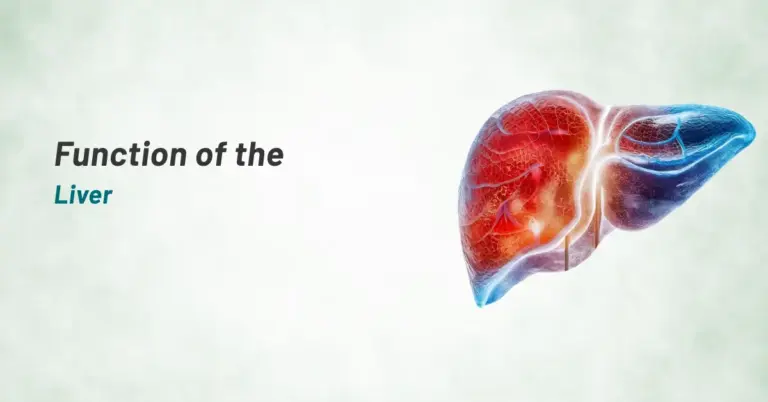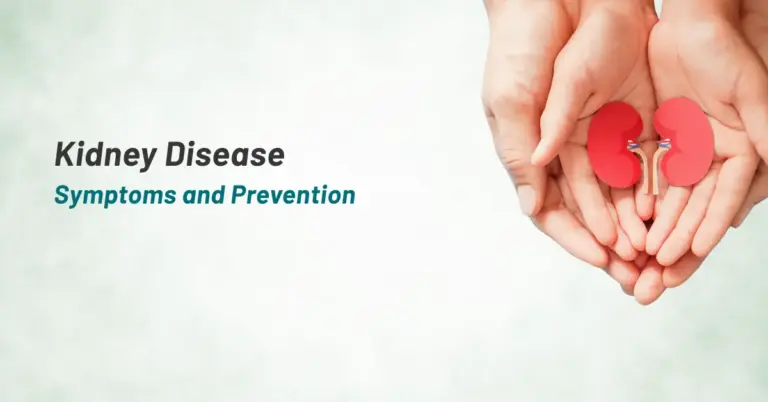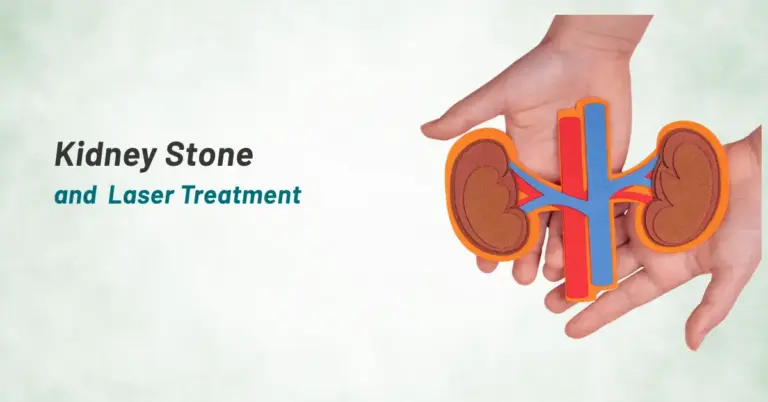What we commonly call as blood in urine is in medical terms known as ‘hematuria’. Usually blood in urine may not be a serious health issue but it is always advisable to consult a doctor because it may be a symptom of some serious health problem. Treatment if initiated is usually for the underlying cause, if the cause is identified. The discolouration in the urine may sometimes be due to some food you have taken, medicines or beeturia from excessive intake of beetroot!
What causes blood in urine?
Urine is produced in the kidneys and so the blood may originate in the kidneys or it may come from other structures in the urinary system like the ureter (tubes from the kidney to urinary bladder), Urinary bladder (where urine is stored) or the urethra (tube from bladder to outside of the body).
Symptoms of Hematuria
The occurrence of blood in the urine is a very obvious symptom of hematuria. The urine which is normally yellow in color may now appear pinkish, red, dark brown or tea coloured. Sometimes the blood in the urine may not change the color of the urine and can be found only in a lab through microscopic examination, this is called as microscopic hematuria. Some additional symptoms are seen when there are relevant underlying causes which may be mild or severe. These symptoms include, bladder infection which causes burning sensation while urinating or kidney infection which may cause fever, chills and pain in the lower back, it can also be due to kidney stones accompanied with severe abdominal or pelvic pain or may be due to some kidney diseases which has symptoms of weakness, BP and body swelling.
Examination for Hematuria
The diagnosis of hematuria and its causes starts with the doctor examining your family and health history. Thereafter the urine and blood may be analysed, the urine analysis is called as urinalysis. The urine test may include microscopic examination of urine for traces of blood and other abnormal cells in the urine. The blood test is done to see whether certain waste substances that should have been removed by the kidney are present in the blood and their concentration is studied. If the blood contains high levels of waste substances then it may be due to underlying kidney disease. The diagnostic tests may also include imaging like CT scan of the kidney and urinary tract region, kidney ultrasound, cystoscopy and renal biopsy where a small tissue is extracted for lab examination.
Treatment for Hematuria
After due diagnosis the underlying cause for Hematuria is found and the treatment will be directed at controlling the cause and preventing further escalation of the disease. If no underlying cause is found then you may have to undergo urinalysis and blood test every 3 to 6 months to watch for recurrence of the hematuria. This is helpful if there is risk of cancer especially in those over 50 years, habitual smokers and those who are exposed to harmful chemicals.














